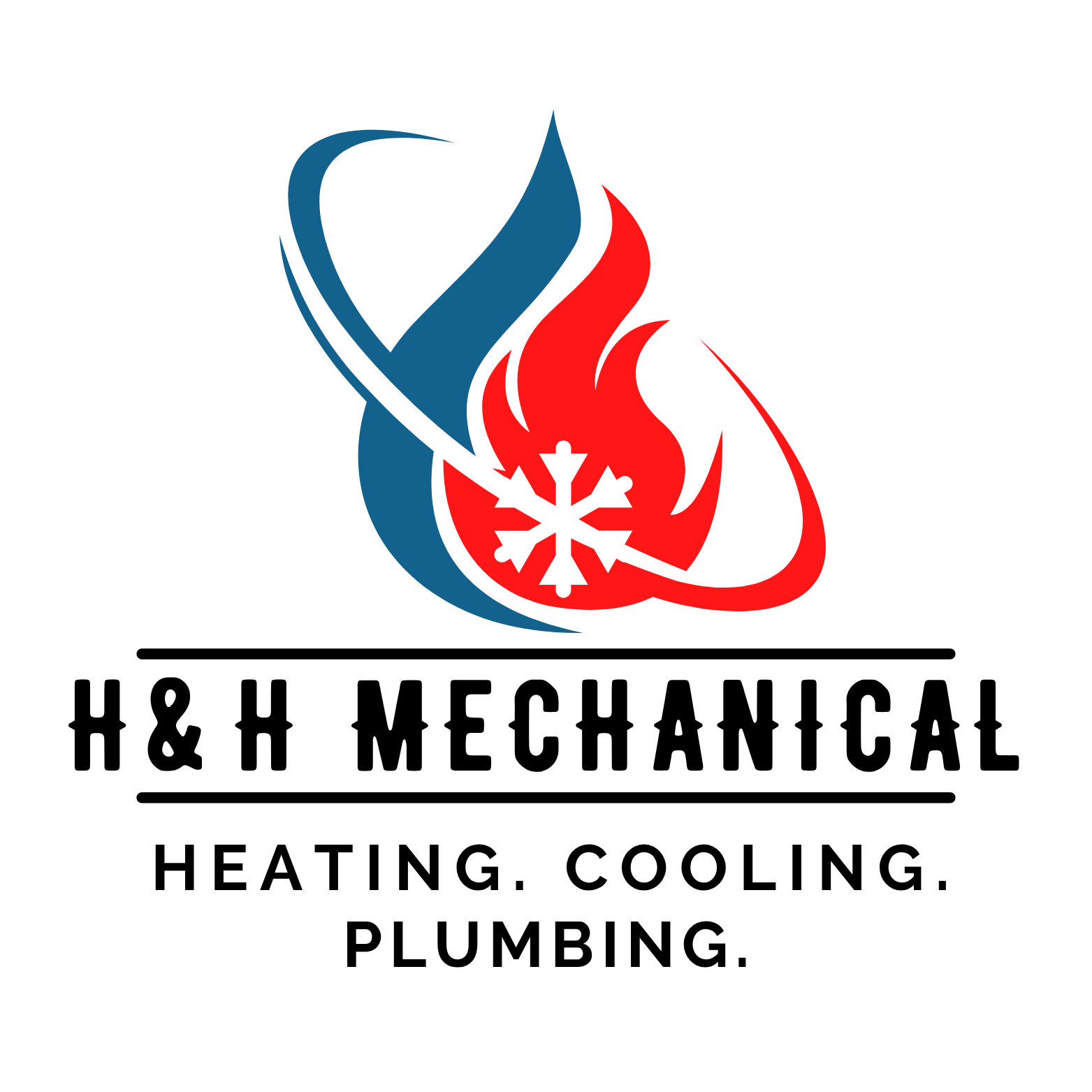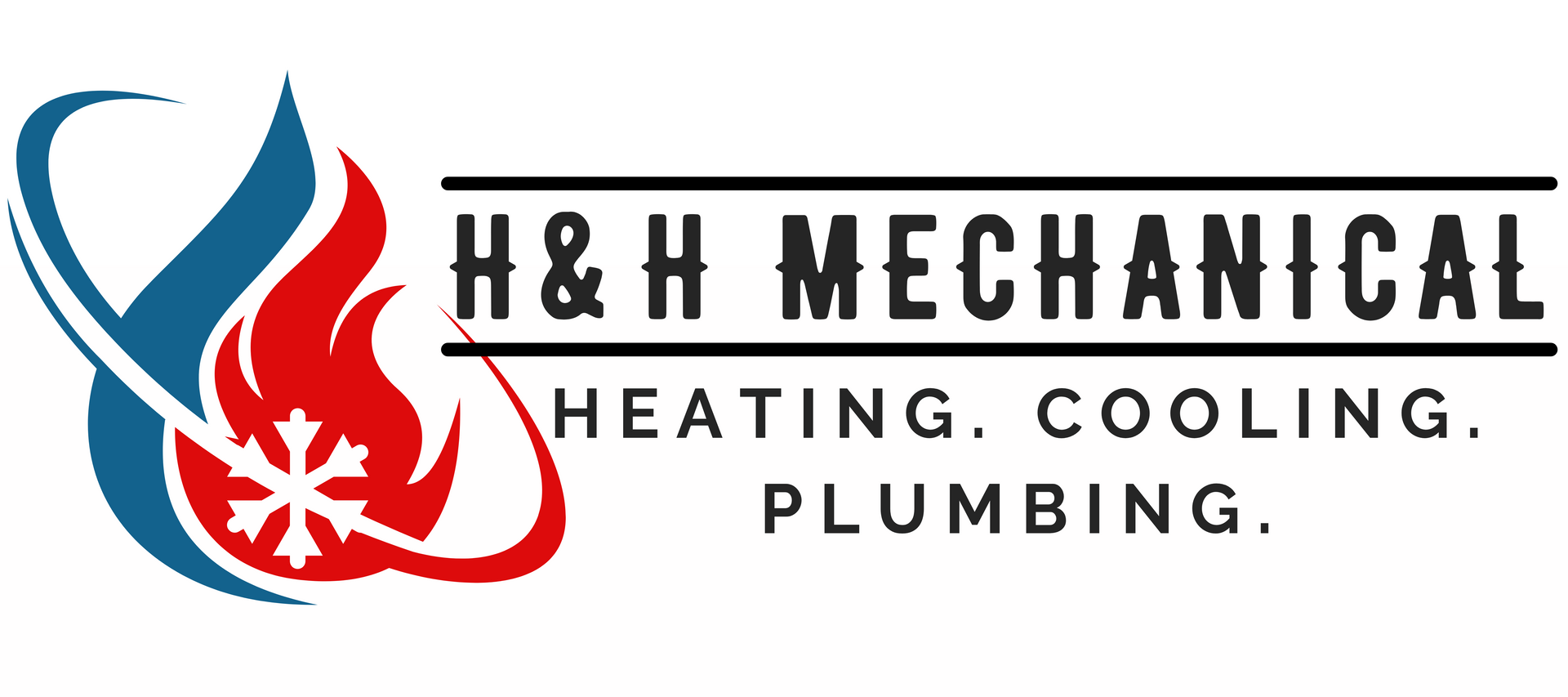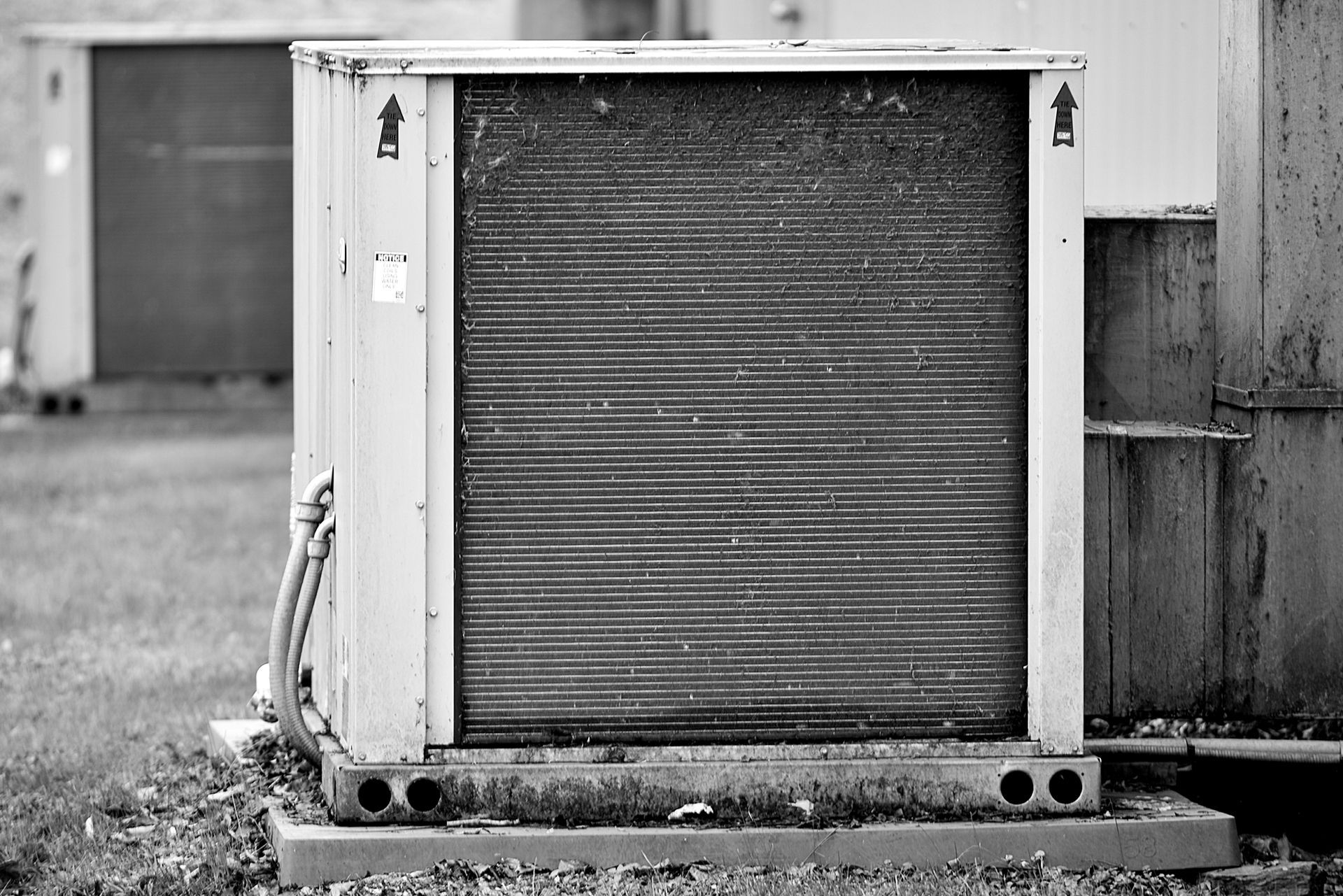HVAC Money Saving Tips for Fall: Keep Your Comfort and Wallet Happy
As the cooler temperatures of fall arrive, it's time to prepare your HVAC system for the season and find ways to save on energy costs. With a few simple steps and smart habits, you can keep your home cozy while reducing your utility bills. In this blog post, we'll share HVAC money saving tips specifically tailored for the fall season.
- Adjust Your Thermostat:
One of the easiest ways to save money this fall is by making adjustments to your thermostat settings. As temperatures drop, consider lowering your thermostat a few degrees during the day when you're not home. You can also utilize a programmable thermostat to automatically adjust the temperature based on your schedule, ensuring optimal comfort and energy savings. - Seal Air Leaks:
An efficient HVAC system can be compromised by air leaks around windows and doors. These leaks allow conditioned air to escape and let outdoor air infiltrate your home. By sealing these gaps and cracks with weatherstripping or caulk, you can prevent energy waste and lower your heating costs significantly. - Insulate Properly:
Proper insulation is key to reducing heat loss and decreasing the workload on your HVAC system. Insulate your attic, walls, and crawl spaces to maintain a comfortable and energy-efficient home. Consider adding insulation around exposed HVAC ducts to minimize heat loss during distribution. - Conduct Regular HVAC Maintenance:
Fall is the perfect time to schedule a professional HVAC maintenance visit from H & H Mechanical. A well-maintained system operates more efficiently and reduces the risk of unexpected breakdowns. - Clean or Replace Air Filters:
Dirty air filters restrict airflow, making your system work harder to maintain the desired temperature. Clean or replace your air filters regularly to ensure optimal airflow and energy efficiency. This simple step can significantly improve indoor air quality while reducing energy costs. - Take Advantage of Natural Heat:
During sunny fall days, open your curtains and blinds to let the natural heat in. Sunlight shining through windows can help warm your home, reducing the need for your HVAC system to work as hard. - Use Ceiling Fans Wisely:
Many people assume that ceiling fans are only for cooling, but they can also help distribute warm air during the fall and winter months. Simply switch the direction of your ceiling fan blades to clockwise, which will create an updraft and push warm air down into the room.
By following these HVAC money saving tips for fall, you can keep your comfort levels high and your energy bills low. Take the time to make small adjustments, schedule maintenance visits, and create energy-efficient habits. Your wallet and the environment will thank you.






